Cross Pollination In Plants: Cross Pollinating Vegetables
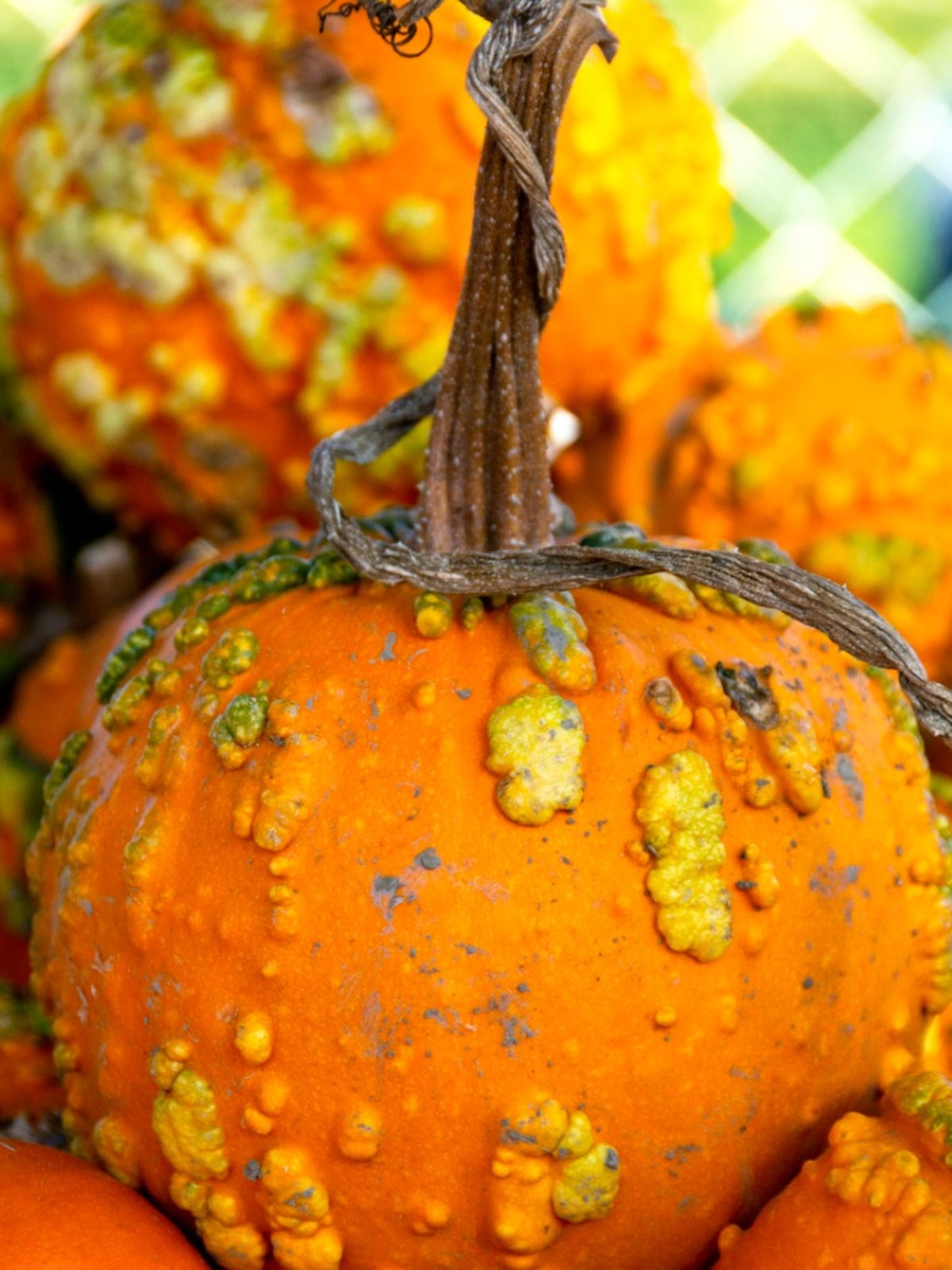

Can cross pollination in vegetable gardens occur? Can you get a zumato or a cucumelon? Cross pollination in plants seems to be a big concern for gardeners, but in fact, in most cases, it isn't a big issue. Let's learn what is cross pollination and when you should be concerned with it.
What is Cross Pollination?
Cross pollination is when one plant pollinates a plant of another variety. The two plants' genetic material combines and the resulting seeds from that pollination will have characteristics of both varieties and is a new variety. Sometimes cross pollinating is used intentionally in the garden to create new varieties. For example, a popular hobby is to cross pollinate tomato varieties to attempt to create new, better varieties. In these cases, the varieties are purposefully cross pollinated. Other times, cross pollination in plants occurs when outside influences, like the wind or bees, carry pollen from one variety to another.
How Does Cross Pollination in Plants Affect the Plants?
Many gardeners are afraid that the plants in their vegetable garden will accidentally cross pollinate and that they will end up with fruit on the plant that is sub-standard. There are two misconceptions here that need to be addressed. First, cross pollination can only occur between varieties, not species. So, for example, a cucumber cannot cross pollinate with a squash. They are not the same species. This would be like a dog and a cat being able to create offspring together. It is simply not possible. But, cross pollination can happen between a zucchini and a pumpkin. This would be like a yorkie dog and a rottweiler dog producing offspring. Odd, but possible, because they are of the same species. Second, the fruit from a plant that is cross pollinated would not be affected. Many times you'll hear someone state that they know their squash cross pollinated this year because the squash fruit look odd. This is not possible. Cross pollination does not affect this years' fruit, but will affect the fruit of any seeds planted from that fruit. There is only one exception to this, and that is corn. Ears of corn will change if the current stalk is cross pollinated. Most cases where the fruit looks odd happens because the plant is suffering from a problem that affects the fruit, such as pests, disease or nutrient deficiencies. Less often, odd looking vegetables are a result of seeds grown from last year's cross pollinated fruit. Normally, this is more common in seeds that have been harvested by the gardener, as commercial seed producers take steps to prevent cross pollination. Cross pollination in plants can be controlled but you only need to worry about controlling cross pollination if you plan on saving seeds.
Gardening tips, videos, info and more delivered right to your inbox!
Sign up for the Gardening Know How newsletter today and receive a free copy of our e-book "How to Grow Delicious Tomatoes".

Heather Rhoades founded Gardening Know How in 2007. She holds degrees from Cleveland State University and Northern Kentucky University. She is an avid gardener with a passion for community, and is a recipient of the Master Gardeners of Ohio Lifetime Achievement Award.
-
 Looking For Plants To Give You The Soft And Fuzzies? Try These 5 Fuzzy Leaf Plant Options
Looking For Plants To Give You The Soft And Fuzzies? Try These 5 Fuzzy Leaf Plant OptionsLovers of texture, drama, silver foliage and tactile plants will adore these special sensory garden additions. These fuzzy leaf plant options will leave you all aglow
By Susan Albert
-
 Get Ready For A Summer Of Hummers! Grow These Full Sun Hummingbird Plants and Flowers
Get Ready For A Summer Of Hummers! Grow These Full Sun Hummingbird Plants and FlowersIf you’re lucky enough to enjoy a sunny backyard, make sure you are maxing out on your pollinator opportunities and grow these full sun hummingbird plants and flowers
By Tonya Barnett
-
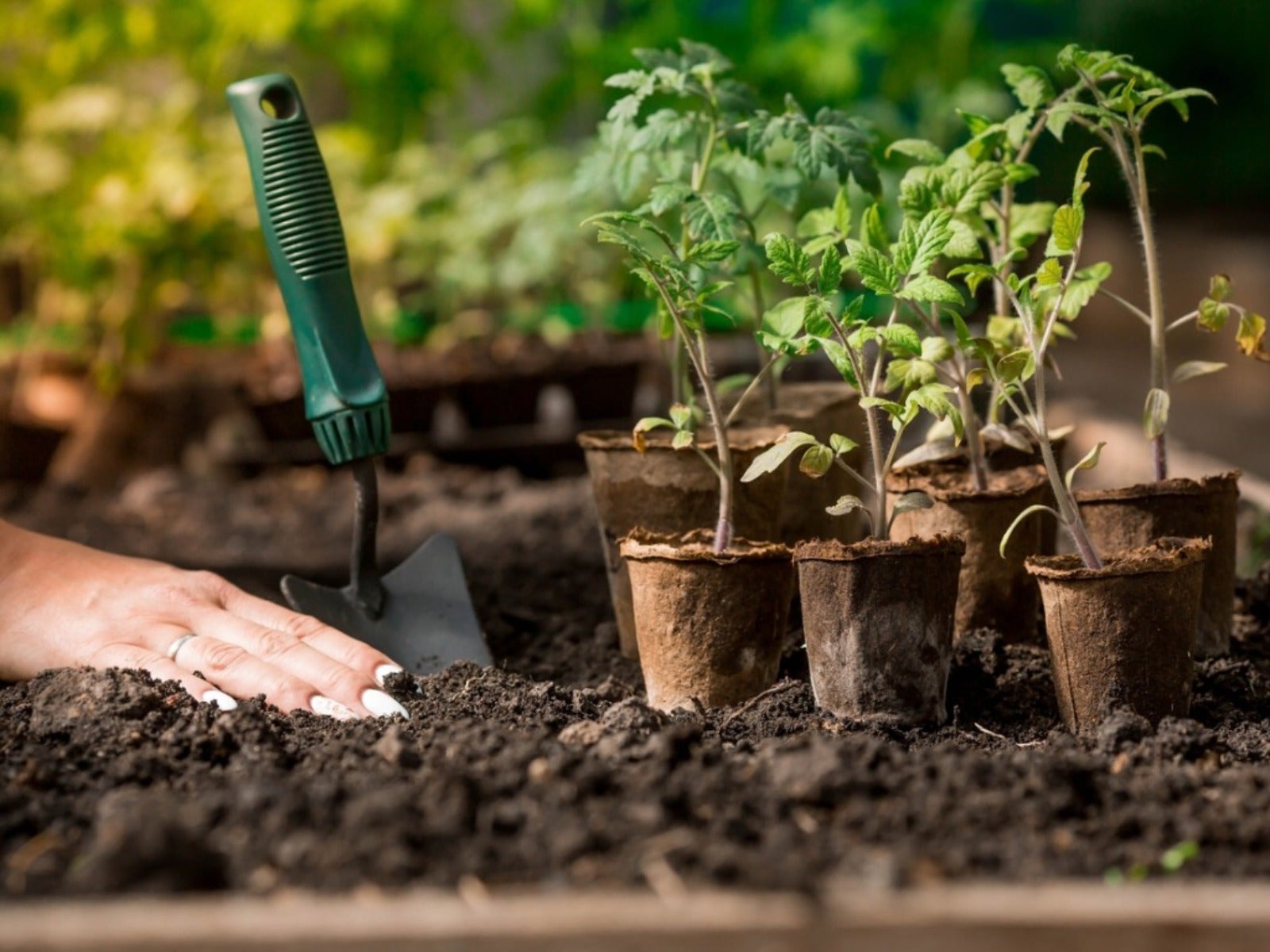 How Many Vegetables To Plant Per Person For A Year
How Many Vegetables To Plant Per Person For A YearGauging how much to plant in a vegetable garden can eliminate waste while still producing enough for your family. Click for more.
By Bonnie L. Grant
-
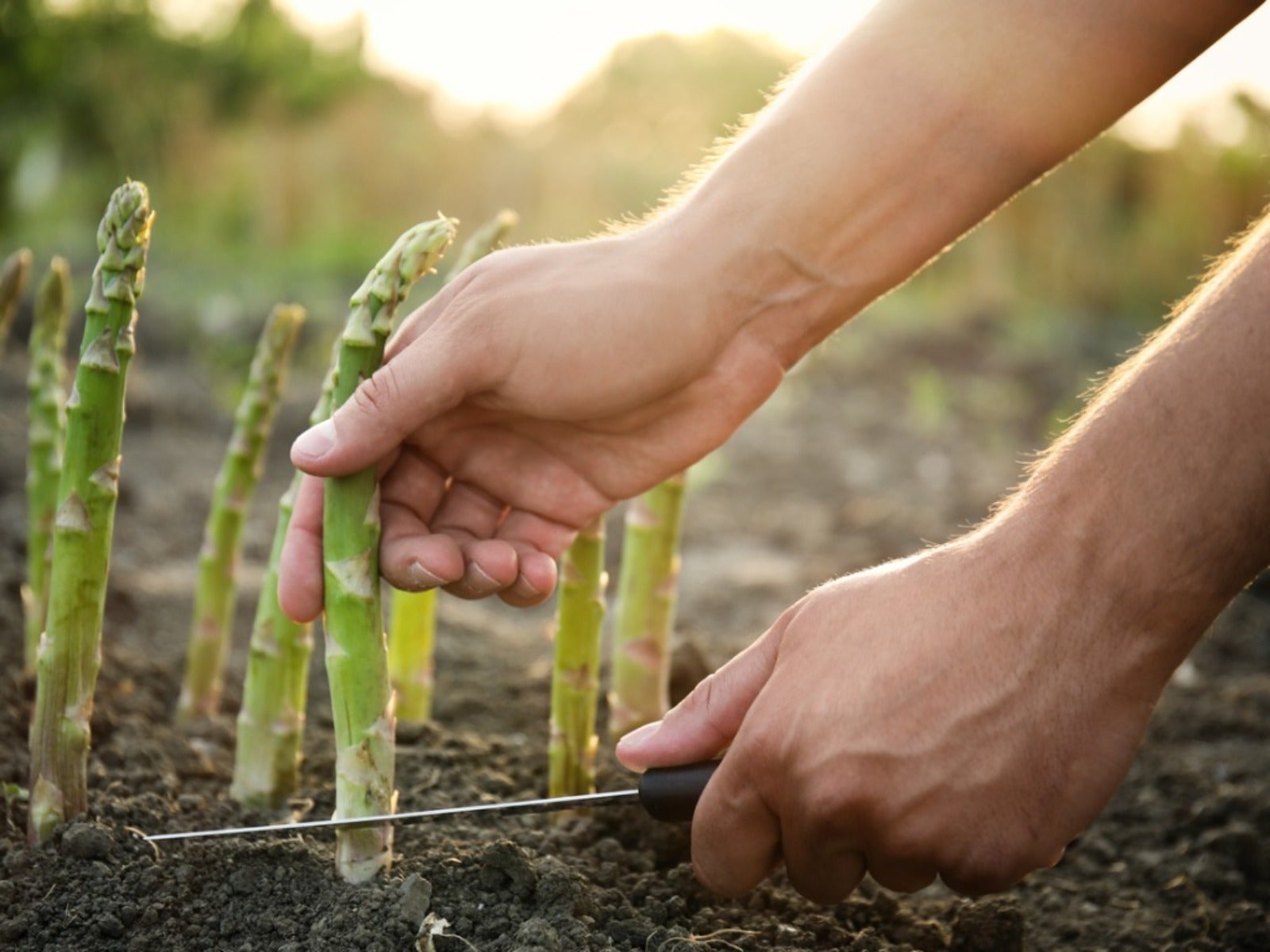 13 Perennial Fruits And Vegetables You Only Have To Plant Once
13 Perennial Fruits And Vegetables You Only Have To Plant OnceLooking to set it and forget it? Find out which fruits and vegetables can be grown as perennials.
By Laura Miller
-
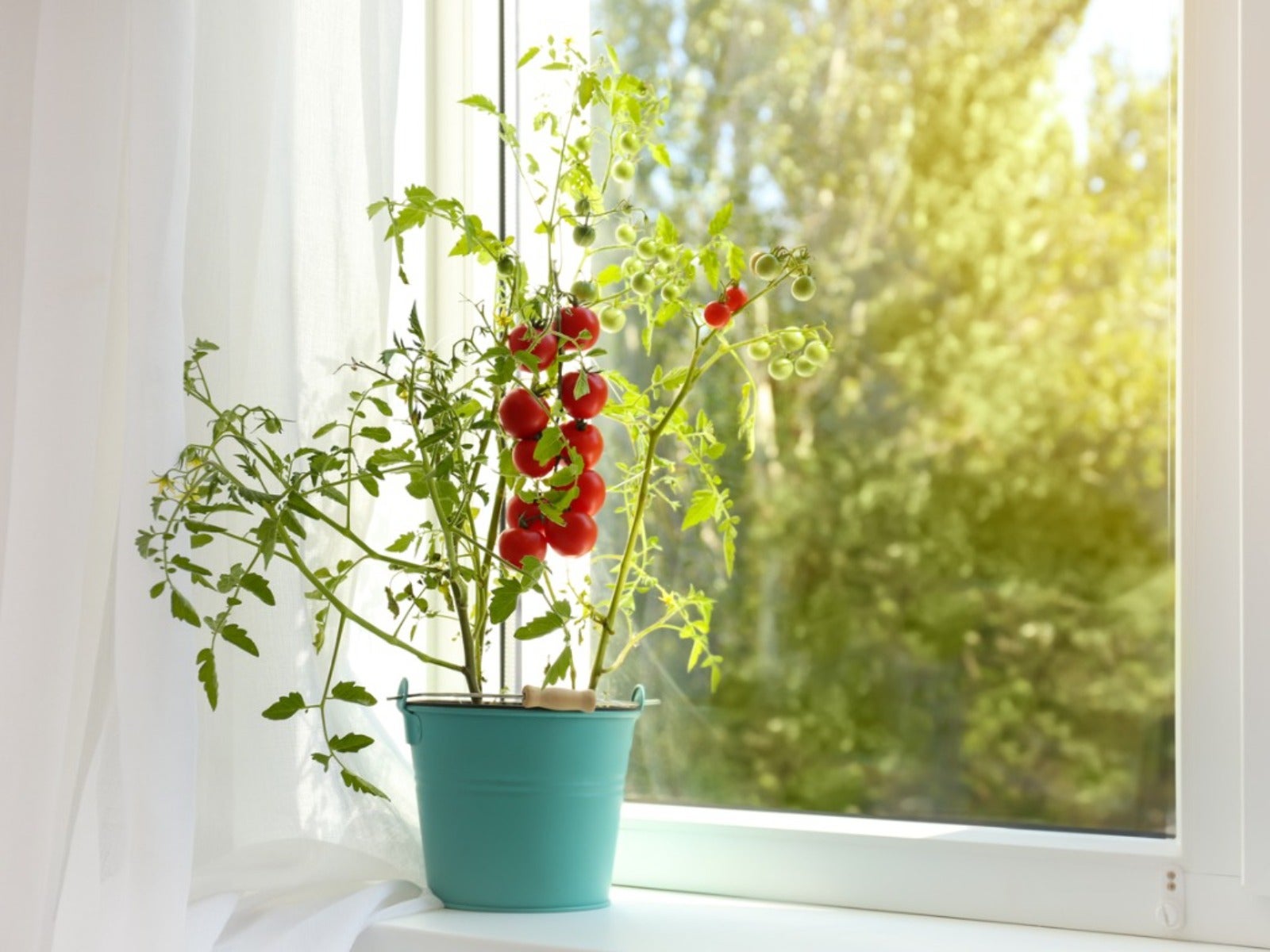 11 Edible Plants For A Year-Round Garden In A Bucket
11 Edible Plants For A Year-Round Garden In A BucketWant to know how to grow food inside your house and which foods do best indoors? Click here to learn all about it.
By Bonnie L. Grant
-
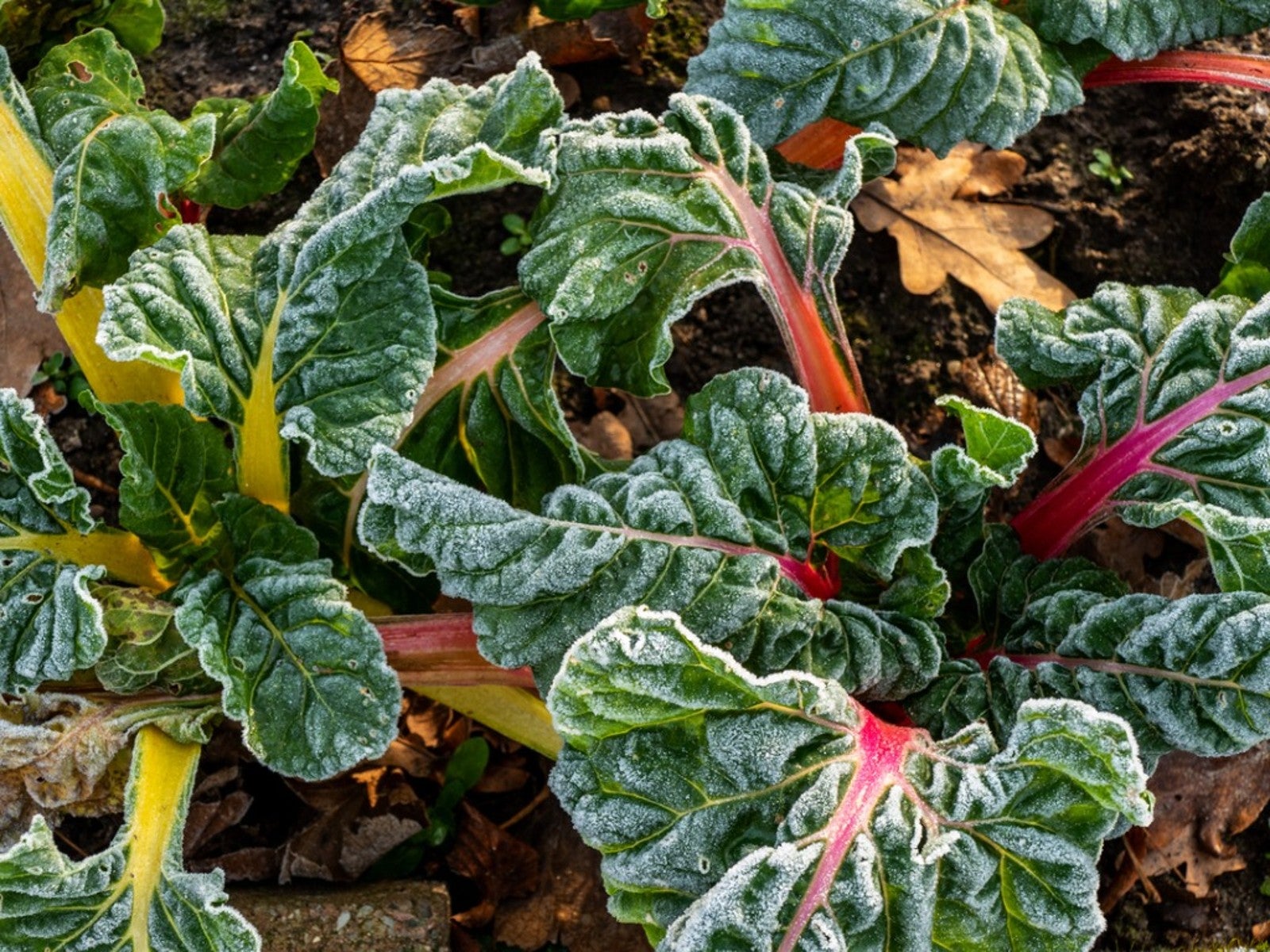 Frost Tolerance Of Vegetables From Least To Most Hardy
Frost Tolerance Of Vegetables From Least To Most HardyHow cold can vegetables tolerate? Knowing which veggies will survive frosts and freezes is essential for the success of your garden. Click here for more.
By Laura Miller
-
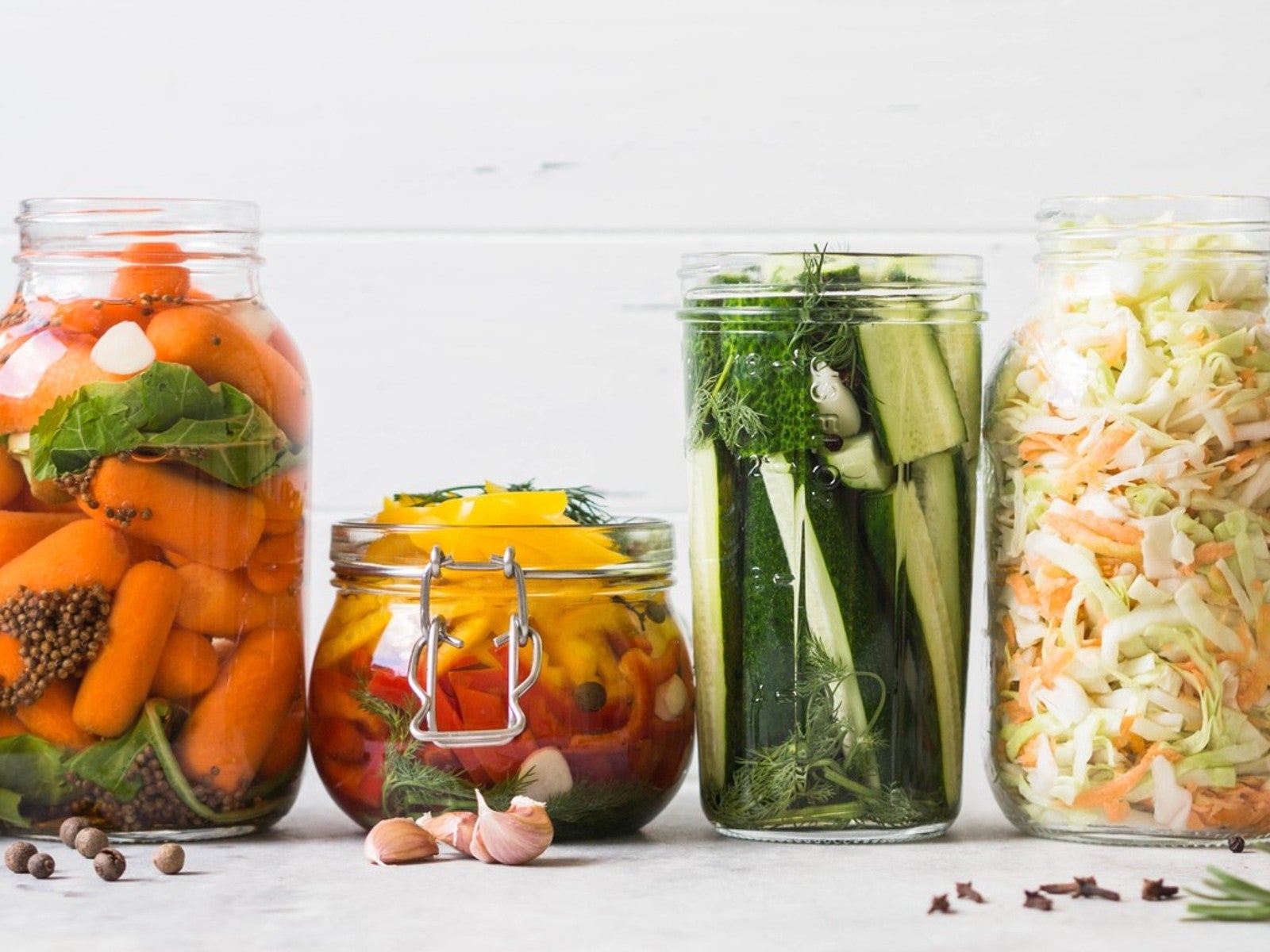 Best Vegetables To Pickle Straight From The Garden
Best Vegetables To Pickle Straight From The GardenPickles aren’t limited to just cucumbers. Read on for tips on pickling your fresh veggies.
By Amy Grant
-
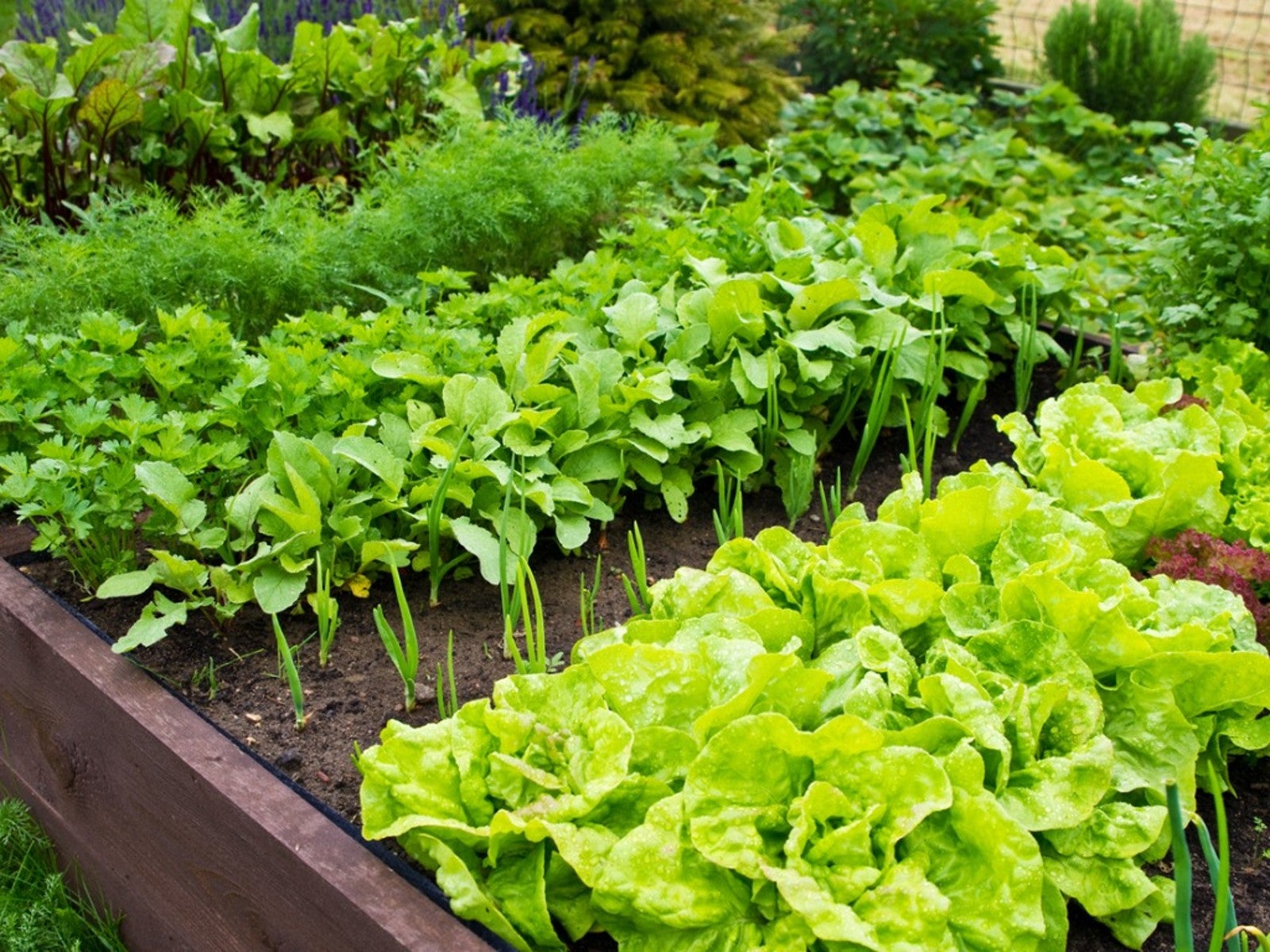 Benefits Of Planting In Fall Vs. Spring Vegetable Plots
Benefits Of Planting In Fall Vs. Spring Vegetable PlotsLearn why some vegetables do better if you plant them in fall instead of spring.
By Laura Miller
-
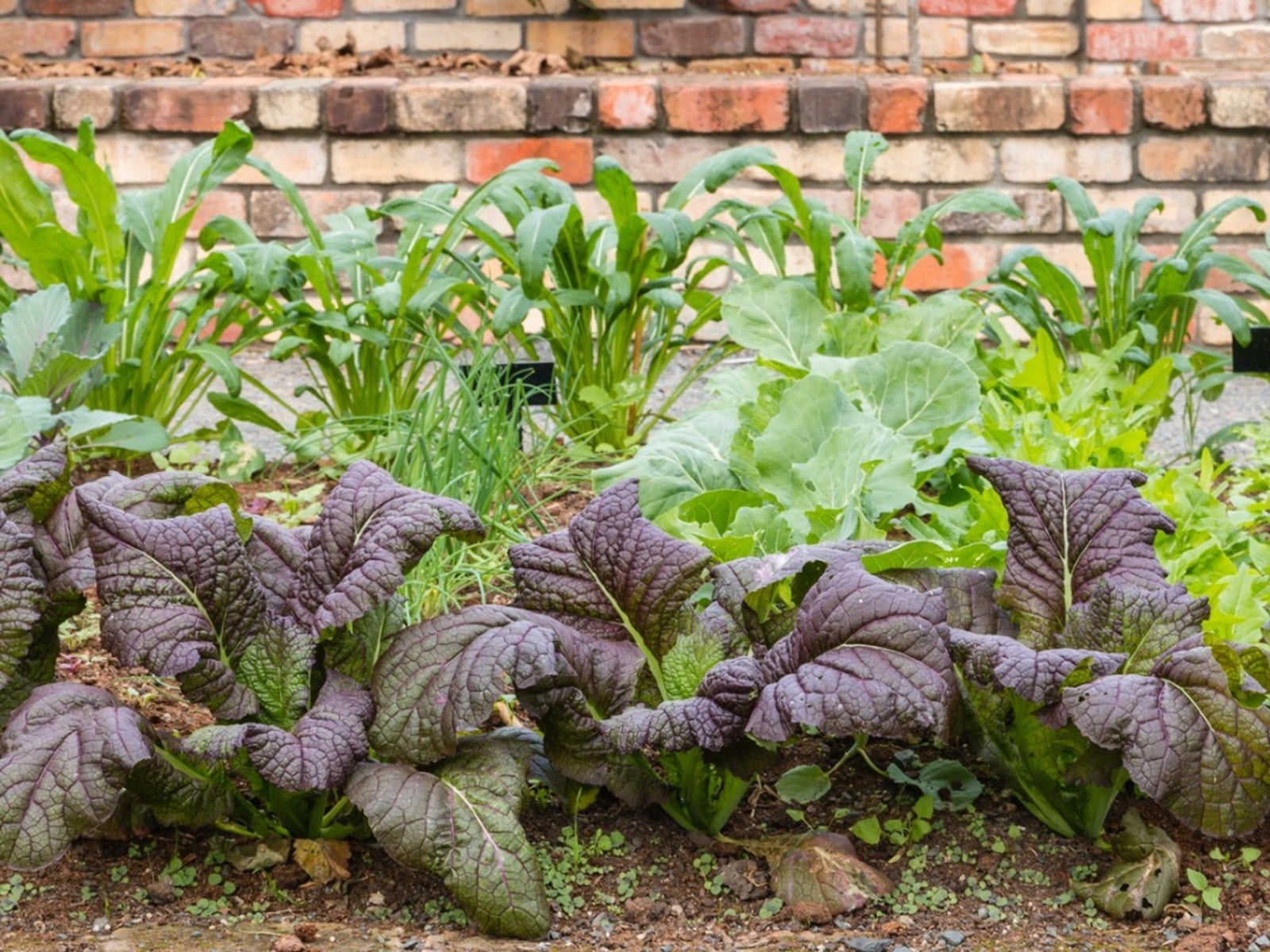 Interplanting Vegetables In The Fall Garden
Interplanting Vegetables In The Fall GardenLearn all about the benefits of interplanting vegetables for your fall garden.
By Laura Miller
-
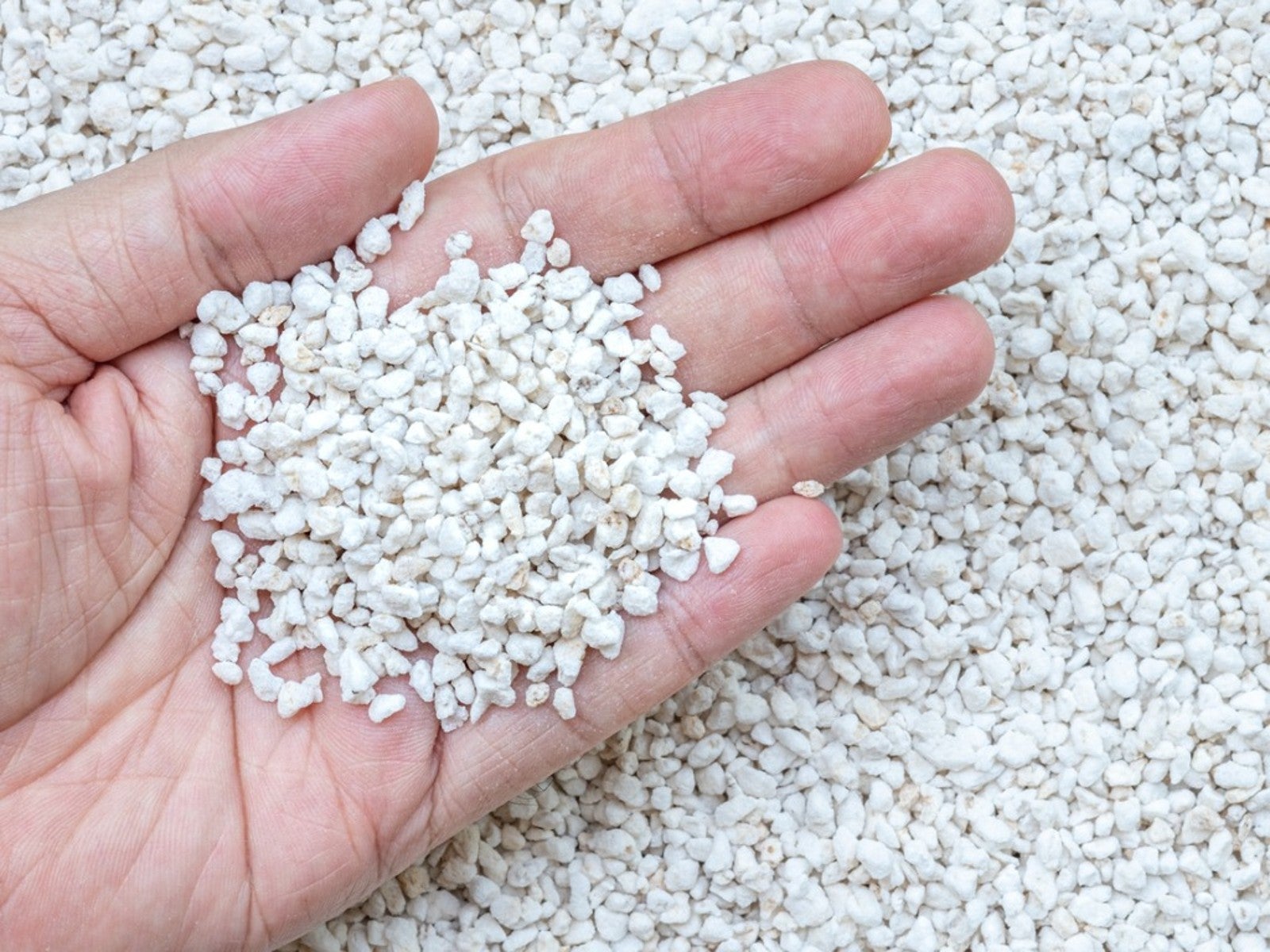 Best Vegetables For Growing In Perlite
Best Vegetables For Growing In PerlitePerlite is a natural growing medium that comes from super-heated volcanic glass. In some cases, it works better than soil. Read on for more info.
By Laura Miller